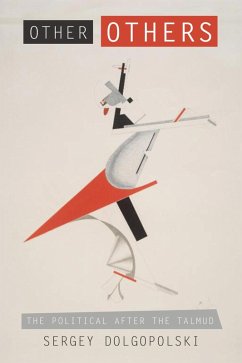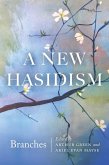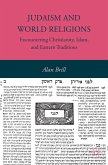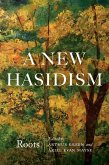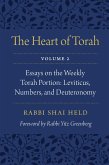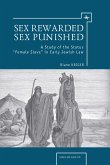Denying recognition or even existence to certain others, while still tolerating diversity, stabilizes a political order; or does it? Revisiting this classical question of political theory, the book turns to the Talmud. That late ancient body of text and thought displays a new concept of the political, and thus a new take on the question of excluded others. Philosophy- and theology-driven approaches to the concept of the political have tacitly elided a concept of the political which the Talmud displays; yet, that elision becomes noticeable only by a methodical rereading of the pages of the Talmud through and despite the lens of contemporary competing theological and philosophical theories of the political. The book commits such rereading of the Talmud, which at the same time is a reconsideration of contemporary political theory. In that way, The Political intervenes both to the study of the Talmud and Jewish Thought in its aftermath, and to political theory in general.The question of the political for the excluded others, or for those who programmatically do not claim any original belonging to a particular territory comes at the forefront of analysis in the book. Other Others approaches this question by moving from a modern political figure of Jew as such an other other to the late ancient texts of the Talmud. The pages of the Talmud emerge in the book as a (dis)appearing display of the interpersonal rather than intersubjective political. The argument in the book arrives, at the end, to a demand to think earth anew, now beyond the notions of territory, land, nationalism or internationalism, or even beyond the notion of universe, that have defined the thinking of earth so far.
Dieser Download kann aus rechtlichen Gründen nur mit Rechnungsadresse in A, B, BG, CY, CZ, D, DK, EW, E, FIN, F, GR, HR, H, IRL, I, LT, L, LR, M, NL, PL, P, R, S, SLO, SK ausgeliefert werden.

